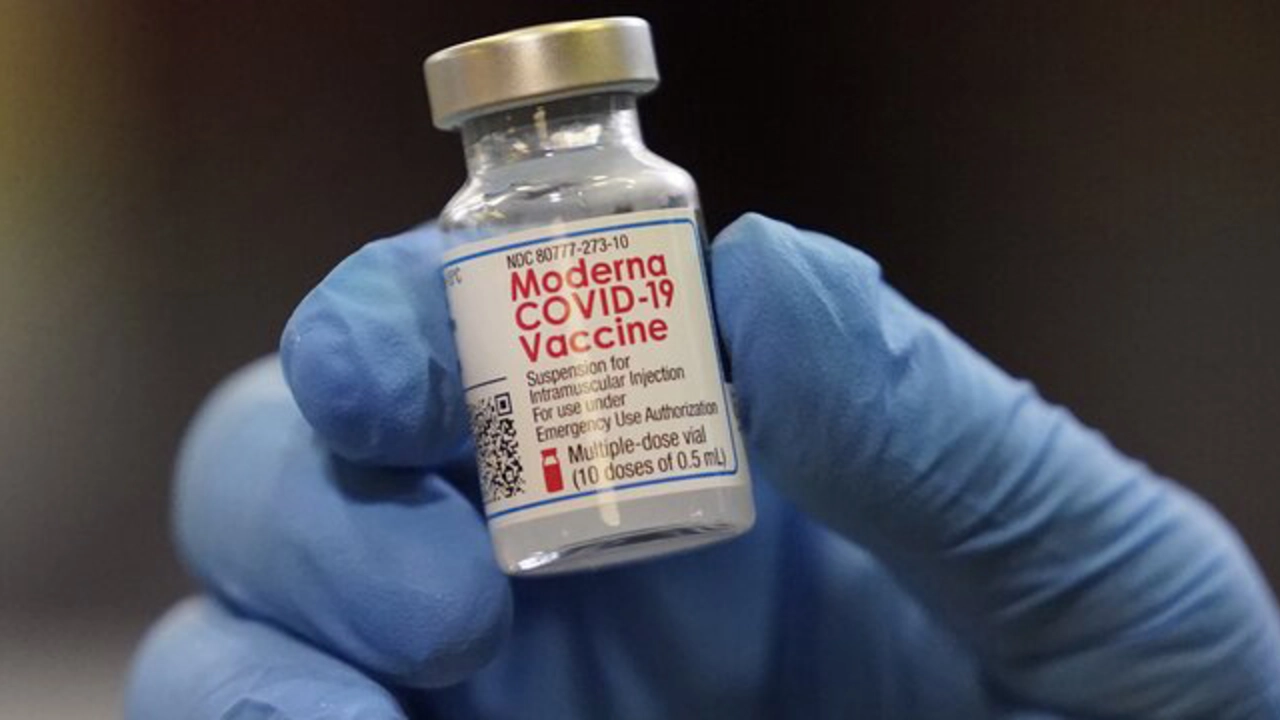Vaccine Side Effects: What Happens After a Shot and How to Handle It
Getting a vaccine can feel a bit like getting a mini‑flu. Most people notice a sore arm, a low‑grade fever, or a little tiredness. Those reactions are normal and usually clear up in a day or two. Understanding why they happen helps you stay calm and know when to act.
Typical reactions you might notice
Right after the jab you might feel a pain or swelling at the injection site. That’s just the body’s immune system getting started. Within a few hours, you could see redness or a small bump. It’s similar to a mild bruise and isn’t a sign of infection.
Many people get a headache, muscle aches, or mild fever. Those symptoms are the same your body uses to fight off real germs, so they’re proof the vaccine is doing its job. The fever is usually under 101°F (38.3°C) and lasts less than 24 hours.
Some folks feel a little nausea or loss of appetite. If you’re nervous about the needle, the stress can add to those feelings. A quick walk, fresh air, and a glass of water often help.
Rarely, you might notice joint pain or a rash. These are uncommon but still part of the normal range of side effects. They generally go away on their own without treatment.
How to manage and when to seek help
Most side effects can be handled at home. Apply a cool compress to the arm for 15 minutes a few times a day to reduce swelling. Over‑the‑counter pain relievers like ibuprofen or acetaminophen can ease aches and bring down a fever. Just follow the label directions and avoid taking both at the same time unless a doctor says it’s okay.
Stay hydrated. Drinking water, juice, or broth helps your body flush out the reaction faster. If you feel light‑headed, sit down and sip fluids slowly.
Give your arm a break. Use the other arm for heavy lifting or repetitive motions for a day or two. Light stretching can keep the muscle from getting stiff.
Watch for signs that need medical attention. If you get a fever over 103°F (39.4°C) that lasts more than 48 hours, a rash that spreads quickly, trouble breathing, or severe swelling that doesn’t improve, call a doctor. Those are rare but worth a quick check.
Finally, keep a short record of what you feel and for how long. It helps you see patterns and gives your doctor useful info if you ever need to talk about it.
Remember, the short‑term discomfort of side effects is tiny compared to the protection a vaccine gives against serious disease. Knowing what to expect makes the experience less scary and lets you get back to your routine faster.
Are Covid vaccines causing heart problems for athletes?
- Darius Hawthorne
- Jul 22 2023
- 0 Comments
There's been quite a buzz around whether Covid vaccines are causing heart problems for athletes. I've looked into it, and while there are isolated cases of vaccine-related heart inflammation, the numbers are extremely low. The vast majority of athletes, like the rest of us, experience no serious side effects. Remember, the overall benefits of vaccination, including for athletes, far outweigh the risks. So, while it's important to stay informed, it's equally crucial not to let isolated incidents cause unnecessary panic.
View More